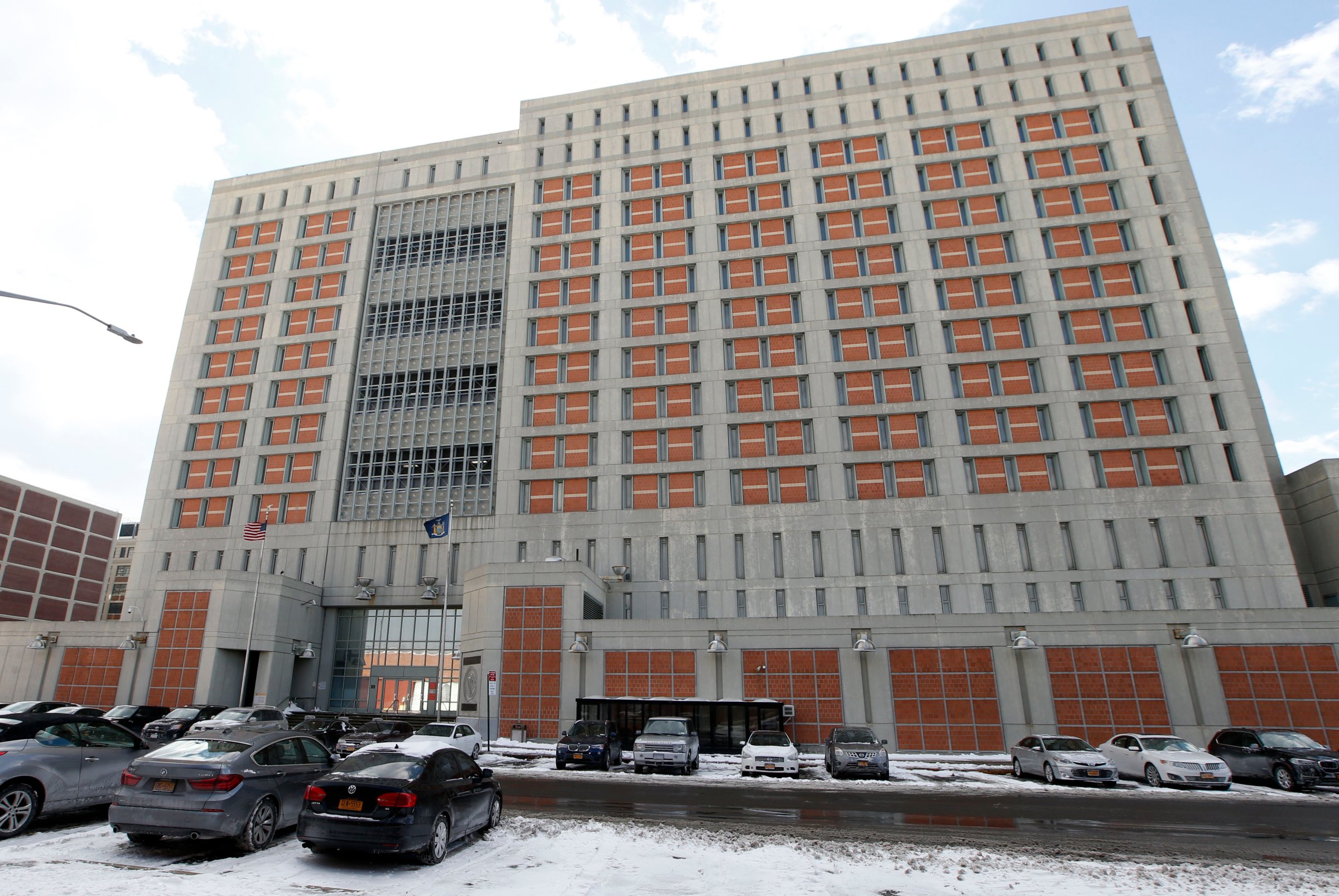
The Federal Bureau of Prisons (BOP) has taken a new step in its attempt to stop the spread of coronavirus in its facilities by confining all inmates in their cells for 14 days.
The new policy was implemented on April 1, and the BOP said in a statement that the decision comes after an increasing number of quarantines and isolation cases in their facilities. The BOP was previously quarantining all newly admitted inmates in their facilities for 14 days.
The BOP also said this week’s decision will be “reevaluated” after 14 days “and a decision made as to whether or not to return to modified operations.”
There are 22 facilities and 146,000 inmates who fall under the BOP’s jurisdiction. Last week, Attorney General William Barr also ordered federal prisons to release older inmates with health issues to home confinement.
“We want to make sure that our institutions don’t become Petri dishes,” Barr said, according to the Associated Press. “But we have the protocols that are designed to stop that, and we are using all the tools we have to protect the inmates.”
Inmates will still have access to the services and programs that they usually have access to under regular circumstances, including education and mental health treatment, the BOP said.
As expected among criminal justice reformers and experts, the prison and jail population has felt the impact of the COVID-19 outbreak. Inmates and employees in these facilities are more susceptible to the virus due to the nature of prison and jail populations.
In federal facilities, five inmates have died from the virus. Four were housed in the Federal Correctional Institution in Oakdale, Lousiana. The other two died at the Federal Satellite Low Institution in Lisbon, Ohio, according to the BOP. All five inmates had pre-existing health issues. They ranged in age from 43 to 66.
The BOP’s new policy raises concerns among the prison population that there are not enough supplies in the federal facilities for the inmates, according to the AP. However, Bureau of Prisons Director Michael Carvajal told AP the organization has what it needs for all their facilities, adding that there were “ample supplies on hand and ready to be distributed or moved to any facility as deemed necessary.”
More Must-Reads from TIME
- Inside Elon Musk’s War on Washington
- Why Do More Young Adults Have Cancer?
- Colman Domingo Leads With Radical Love
- 11 New Books to Read in February
- How to Get Better at Doing Things Alone
- Cecily Strong on Goober the Clown
- Column: The Rise of America’s Broligarchy
- Introducing the 2025 Closers
Write to Josiah Bates at josiah.bates@time.com